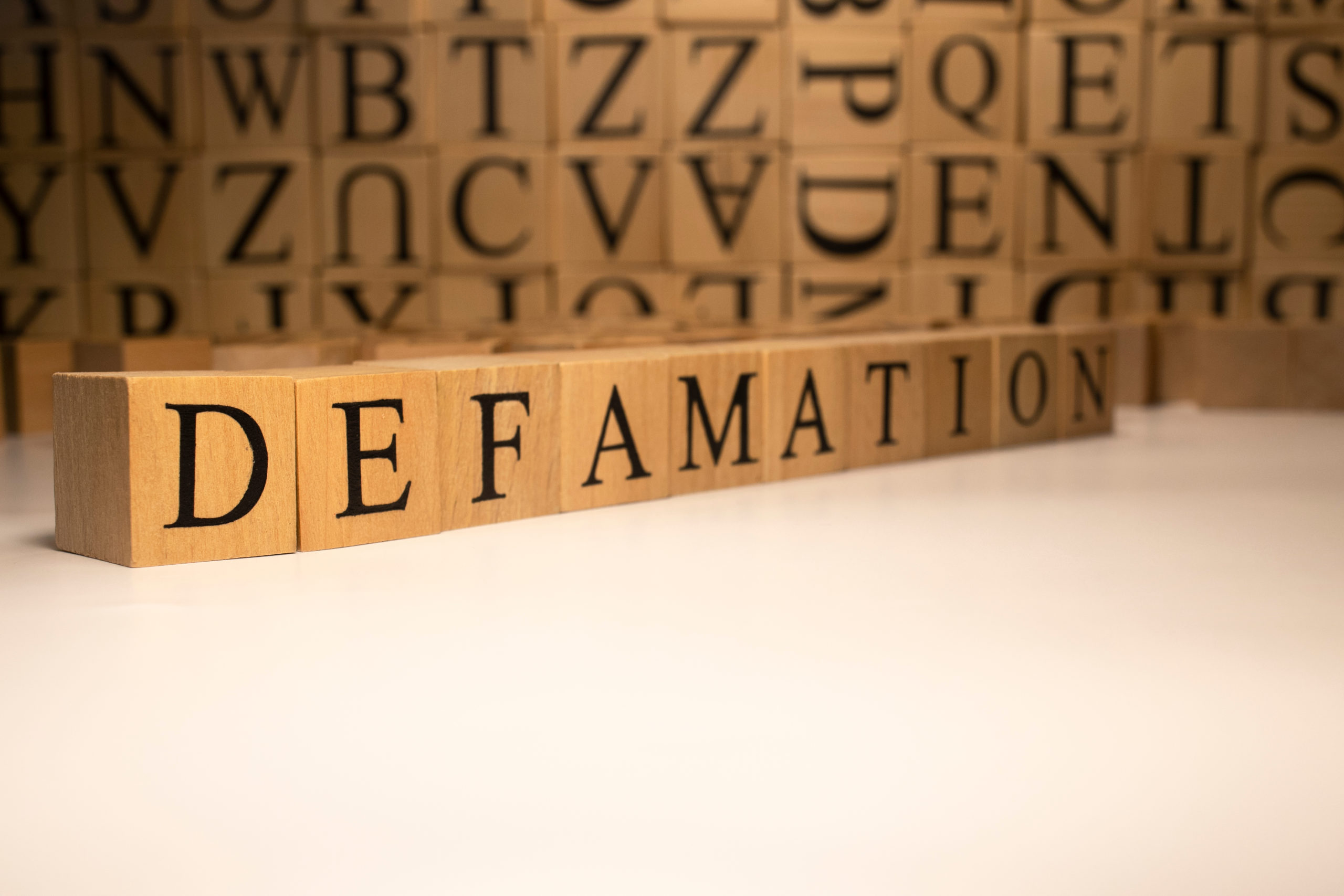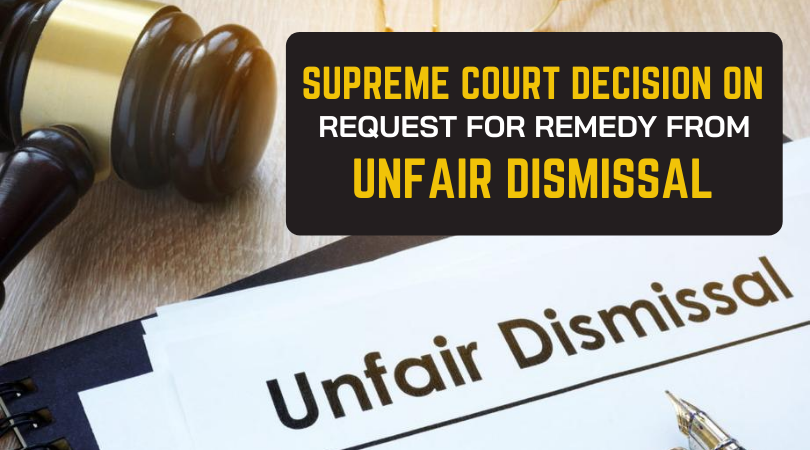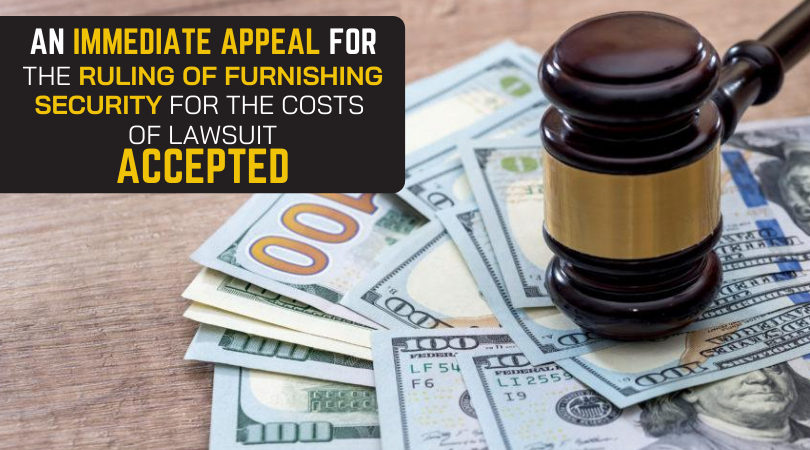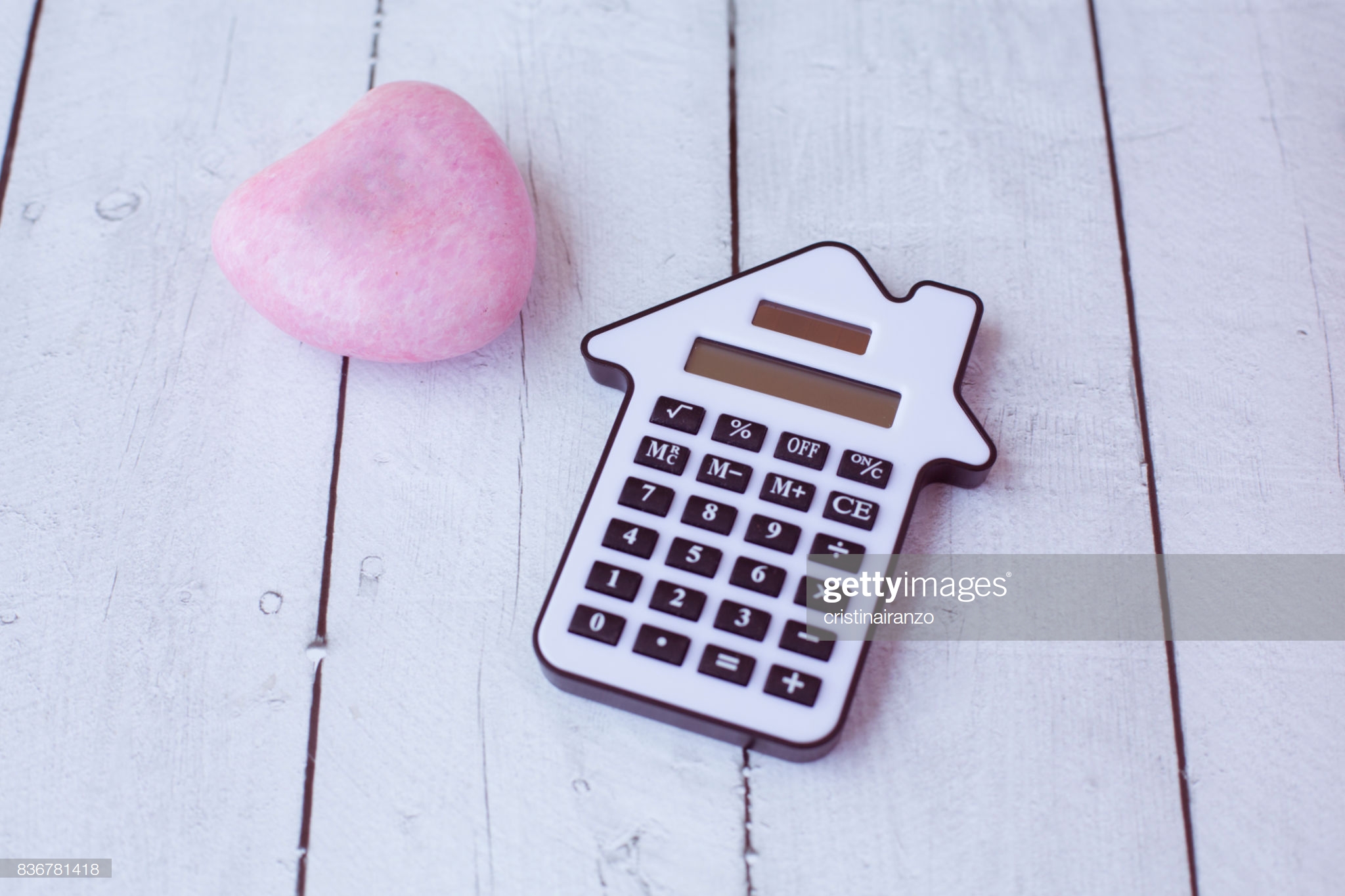
How to Get an International Divorce in KoreaPart III
November 17, 2023
Breakdown of a Marriage Due to a Parent-in-Law’s Extreme Maltreatment
February 9, 2024How to Get an International Divorce in Korea
Part IV: Division of Property
1.Introduction
In this fourth part of the series, “How to Get an International Divorce in Korea”, I’m explaining division of property in judicial divorce proceedings. With regard to claim for division of property, Civil Act states;
The Article 839-2 (Claim for Division of Property)
(1) One of the parties who have been divorced by agreement, may claim a division of property against the other party.
(2) If no agreement is made for a division of property as referred to in paragraph (1), or if it is impossible to reach an agreement, the Family Court shall, upon a request of the parties, determine the amount and method of division, considering the amount of property acquired by cooperation of both parties and other circumstances.
(3) The claim for division of property as referred to in paragraph (1) shall be extinguished after two years have passed from the date of divorce.
[This Article Newly Inserted on Jan. 13, 1990]
As I mentioned in the second part of the series, a court form of divorce by agreement does not include a property division part. Therefore, a couple who choose divorce by agreement should make a separate agreement on property division. In this part, division of marital property in the procedures of judicial divorce will be discussed.
2. Property Subject to Be Divided
In principle, the asset subject to be divided is joint property that was acquired by the couple during the marriage through their joint efforts, and it is unclear which of the party owns the property.
As for peculiar property and joint property, Article 830 of Civil Act states;
Article 830 (Peculiar Property and Property of which Title is Uncertain)
(1) Inherent property belonging to either husband or wife from the time before the marriage and property acquired during the marriage in his/her own name shall constitute his/her peculiar property.
(2) Any property, of which title is uncertain between the husband and wife, shall be presumed to be in their co-ownership. <Amended on Dec. 31, 1977>
The Korean Supreme Court has held that property shall be subject to division if it was actually acquired through the couple’s cooperation, even if it is in the name of one of the parties or held in trust for a third party. A couple’s joint property includes all of their houses, deposits, savings, stocks, and loans, and any debts or liabilities. And the debts and liabilities are deducted from that property.
A key issue is what peculiar property means and how it is considered with regard to property division in the proceedings. The principle is that the property owned by each party before the marriage or property acquired by either of the parties through inheritance, gift, or bequest during the marriage is not considered as marital property and it will not be subject to division of property. However, if the other party contributed to the maintenance or increase of the peculiar property, the increase can be included in the property division.
Retirement benefits and pensions that have already been received at the time of divorce may be subject to property division, and even if one of the spouses is still working at the time of the divorce and has not received the actual retirement benefits, retirement benefit bonds, which are property that potentially existed at the closure of pleadings on the merits and whose economic value can be realistically assessed, can be included in the property division, and bonds in the amount of retirement benefits that can be expected to be received if the spouse retires at that time, based on the closure of pleadings on the merits, are also subject to property division.
3. Contribution Rates
Property is divided based on the contribution rate of each party. When deciding contribution rates, the family court considers many factors, such as each party’s income, and the money each party invested in each asset and the length of marriage. Let’s say a husband has been a single earner and his wife has been a full time house wife during the marriage. Then the property will be divided on a fifty-fifty basis since her housework and child care will be considered to have contributed to maintenance and increase of the property.
4. How to Divide Marital Property
Both parties should submit a list of his or her assets to the family court. One party may request the court to order the other party to disclose his or her assets if the other party refuses to submit the list of all of his or her assets. Usually, the assets are evaluated at the time of closure of pleadings. All the assets of each party will be added and all the debts and liabilities of theirs will be deducted from their assets. The net assets will be divided based on the contribution rates. If the debts or liabilities are more than the assets, then the debs or liabilities will be divided.
5. In case the other party sells the assets before the decision is made
If the other party is likely to hide or sell his or her property before the judicial divorce is finalized, you can take several legal actions. You can seize the other party’s property provisionally. You can freeze his or her bank account. However, if the other party sells his or her property even after the divorce case is filed or is likely to be filed, you may file a lawsuit demanding a revocation of such act and recovery therefrom with the family court. You may press a charge against the other party for evasion of execution according to Article 327 of Criminal Act, but realistically, the possibility for the other party to be punished for evasion of execution is low as the elements of the crime are strictly applied.
6. Prenuptial Agreement
Some of my clients asked whether they could make a prenuptial agreement and it would be legally effective in the divorce proceedings in Korea. According to Korean Civil Act, an agreement on marital property between a couple shall be only effective during the marriage, so in the proceedings of divorce, it will not have any legal force. However, it can be considered when the judge decides the division of property. Also, if a governing law is not Korean law, the legal effect can be different.
In this article, I have explained division of marital property in judicial divorce proceedings. If you have further inquiries, please contact me via email.
Thank you!
Related posts
Blog Articles
Contact Information
201, 160, Seochojungang-ro, Seocho-gu, Seoul, Republic of korea.
Phone: +82-2-535-1235
Mobile: 010 5349 1235
Fax: +82-2-536-1236
Email: [email protected]







































![[Supreme Court Decision – Criminal Law] – On Intent of Defamation](https://lawyerhwang.com/wp-content/uploads/2020/03/Supreme-Court-Decision-–-Criminal-Law-–-On-Intent-of-Defamation.png)
![[Supreme Court Decision – Criminal Law] – On Uploading a “Torrent File” of Obscene Videos](https://lawyerhwang.com/wp-content/uploads/2020/03/Supreme-Court-Decision-–-Criminal-Law-On-Uploading-a-“Torrent-File”-of-Obscene-Videos.png)






























